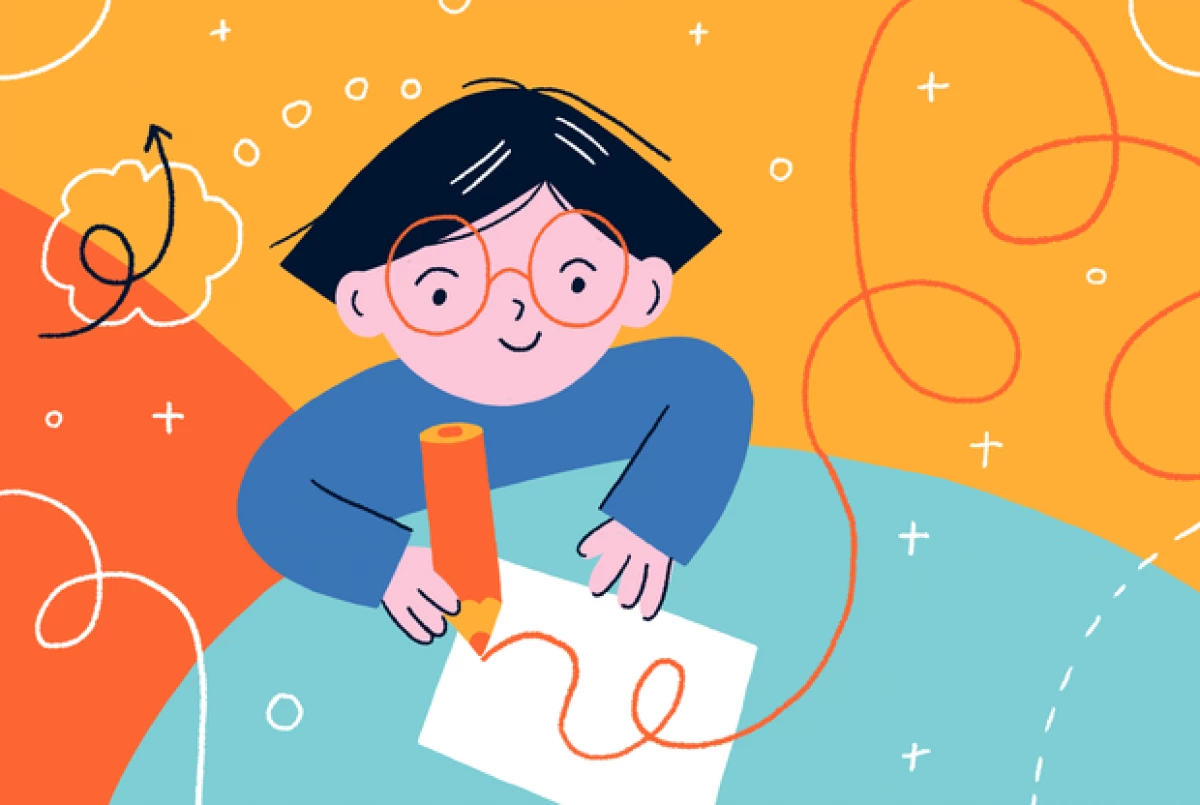
Experts held two experiments
Specialists from the University of Pennsylvania held a new study, which showed that children are more stubborn and persistent if parents intervene less in the process of solving problems. The results of the study were published in the CHILD Development magazine.
Parents always want to help their children - they suggest, instruct, give instructions how to do better. But sometimes such interference causes children to surrender to solve complex tasks faster, scholars found out.
Experts conducted two experiments. In one of them, four years and five-year plans were divided into groups and showed them how to solve a puzzle puzzle. Then children were asked to solve the task on their own. In one group, adults helped the children to collect puzzles with their hands, and in the other - the words explained to the kids, how best to do.
Upon completion of the experiment, all children were given a box with a puzzle, which was sealed with glue. It was impossible to open it. Children who adults were helped with puzzle, showed less perseverance and perseverance than preschoolers from another group.
In the second experiment, the kids of the same age were sent to a group in which adults took the decision of the puzzle on themselves. In another group, adults and children solved the task in turn. The authors of the study observed how fast children lose interest in the task after adults take the initiative completely into their hands.
We found that those children whose parents often intervene in the puzzle solution process were less stubborn. The second study showed that if an adult takes a complex task for himself, the child in the next task is surrendered faster - compared with children who have made adults to solve the puzzle on their own.
He told the edition of Parents Dr. Psychological Sciences Julia Leonard.
Scientists came to the conclusion that if adults do not interfere with the learning process, the children develop perseverance.
With the conclusions of Pennsylvanian specialists, the psychologist agreed and the founder of the Targeted Parenting Institute program Robin Klovits:
Children have a congenital desire to succeed in tasks and deal in how everything is arranged. But they also have a congenital desire to please their parents.
Therefore, when the parent interferes, the child receives a signal that the result is more important than the process - which is more important to complete the task, and not to learn something in the process.
"When children understand that the final result is more important than the process, then they have less incentives to try something on their own," added muzzles.
Robin Klovitz advises parents to determine for himself, which is more important at the moment - a good result or learning process, and if you are more inclined to the second option, it is worthwhile to give your child more freedom to learn and solve the tasks yourself. If you can't not interfere in the process, then praise and support the child - this is also a kind of participation in his affairs.
Also, a psychologist told about another reception - before something to tell the child, count to 10 and ask himself if he could cope alone if you give him a little more time? If you are confident that your daughter or your son is not forces, I boldly interfere. All children require support.

